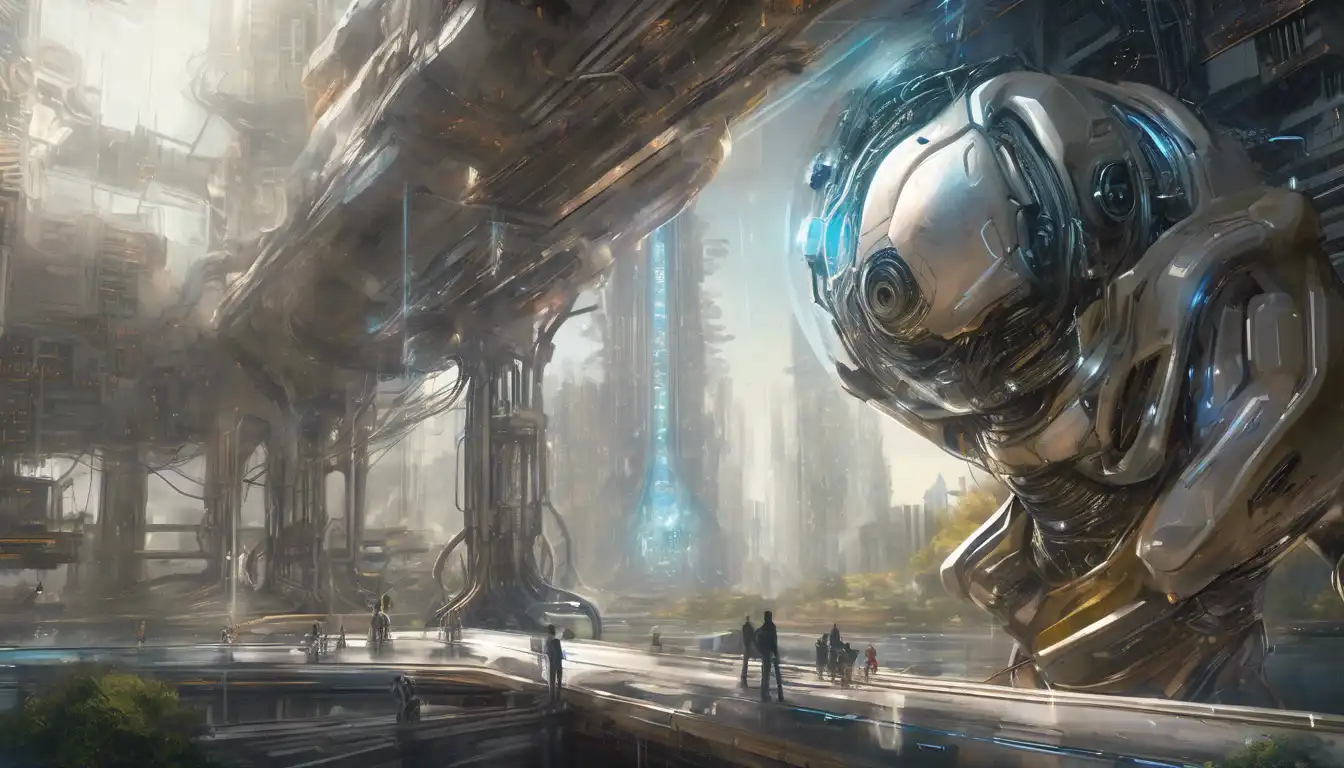Introduction to Artificial Intelligence's Evolution
Artificial Intelligence (AI) has transitioned from a futuristic concept to a cornerstone of modern technology. Today, AI is not just about automating tasks but is reshaping industries, enhancing human capabilities, and solving complex problems. This article delves into the current state of AI, its potential future, and how it's set to revolutionize our world.
The Current Landscape of AI
The realm of AI today is vast, encompassing machine learning, natural language processing, robotics, and more. Companies across the globe are leveraging AI to improve efficiency, create personalized experiences, and drive innovation. From healthcare diagnostics to autonomous vehicles, AI's applications are boundless.
Key Developments in AI
- Advancements in machine learning algorithms
- Increased adoption of AI in healthcare for predictive analytics
- Growth of AI-powered chatbots and virtual assistants
- Expansion of autonomous systems in various sectors
Future Prospects of AI
Looking ahead, AI is poised to break new ground. Experts predict that AI will continue to evolve, becoming more sophisticated and integrated into daily life. The potential for AI to address global challenges, such as climate change and disease, is immense. However, this future also raises important ethical and societal questions.
Challenges and Considerations
As AI advances, concerns about privacy, security, and the displacement of jobs emerge. It's crucial for policymakers, businesses, and the public to engage in dialogue to ensure AI's benefits are maximized while mitigating risks.
How AI is Shaping Industries
AI's impact is evident across multiple sectors. In finance, AI algorithms detect fraudulent transactions in real-time. In education, personalized learning platforms adapt to students' needs. The manufacturing sector benefits from AI through predictive maintenance and optimized supply chains.
AI in Everyday Life
Beyond industries, AI enhances everyday experiences. Smart home devices learn user preferences, while recommendation systems personalize entertainment and shopping. The integration of AI into daily life is making technology more intuitive and accessible.
Preparing for an AI-Driven Future
To harness AI's full potential, continuous learning and adaptation are essential. Individuals and organizations must stay informed about AI trends and developments. Investing in education and training can prepare the workforce for an AI-augmented future.
As we explore the future of artificial intelligence today, it's clear that AI is not just a technological advancement but a transformative force. By understanding its current trajectory and preparing for its implications, we can shape a future where AI enhances human potential and creates opportunities for all.
